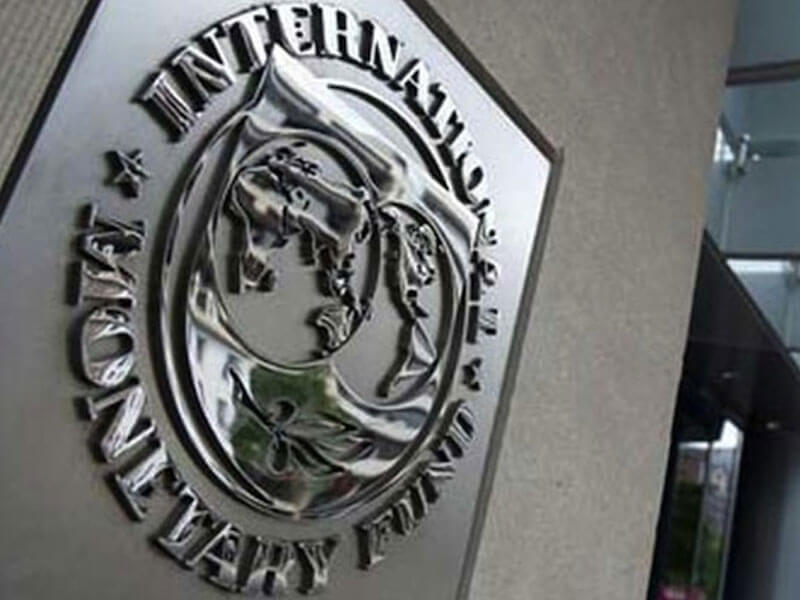IMF launches $45bn trust for Nigeria, others May

The International Monetary Fund has said its Resilience and Sustainability Trust for low-income and vulnerable middle-income countries will come into effect on May 1, 2022.
According to the IMF, the trust aims to help low-income and vulnerable middle-income countries address longer-term structural challenges that pose macroeconomic risks, including climate change and pandemics.
The Managing Director, IMF, Ms Kristalina Georgieva, disclosed this in a statement announcing the Trust in Washington, DC.
She said, “As the world is confronting consecutive global shocks, we must not lose sight of the critical actions needed today to ensure longer-term resilience and sustainability — and we can only succeed by working together
“The RST will amplify the impact of the $650bn SDR allocation implemented last year by channeling resources from economically stronger members to countries where the needs are greatest. The aspiration is to build a Trust of at least $45bn in resources.
“The RST will serve as a third pillar of the IMF’s lending toolkit, in addition to the General Resources Account and the Poverty Reduction and Growth Trust. The RST will provide policy support and affordable longer maturity financing – with a 20-year maturity and a 10½ -year grace period – to help build resilience against long-term risks to balance of payments stability.
“About three-quarters of the IMF’s country membership will be eligible for RST financing, including low-income members as well as most middle-income countries and all small developing states. We have worked extensively with our members and other stakeholders to design the RST, with the goal of balancing the needs of potential contributors and borrowers.”
Meanwhile, the IMF says cryptocurrencies are vulnerable to market liquidity and cyber risks.
The IMF disclosed this in a blog post titled, “Fast-Moving FinTech Poses Challenge for Regulators”.
According to the body, even though crypto does not have a central intermediary, it has grown rapidly within the last two years.
“Another technological innovation, which has grown rapidly in the past two years, is decentralised finance, a crypto-based financial network without a central intermediary. Also known as DeFi, it offers the potential of delivering more innovative, inclusive, and transparent financial services thanks to greater efficiency and accessibility.”
“However, DeFi also involves the buildup of leverage and is particularly vulnerable to market, liquidity, and cyber risks. Cyberattacks, which can be severe for traditional banks, are often lethal for these platforms, stealing financial assets and undermining user trust. The lack of deposit insurance in DeFi adds to the perception of all deposits being at risk. Historically, large customer withdrawals often follow news of cyber attacks on providers.”





